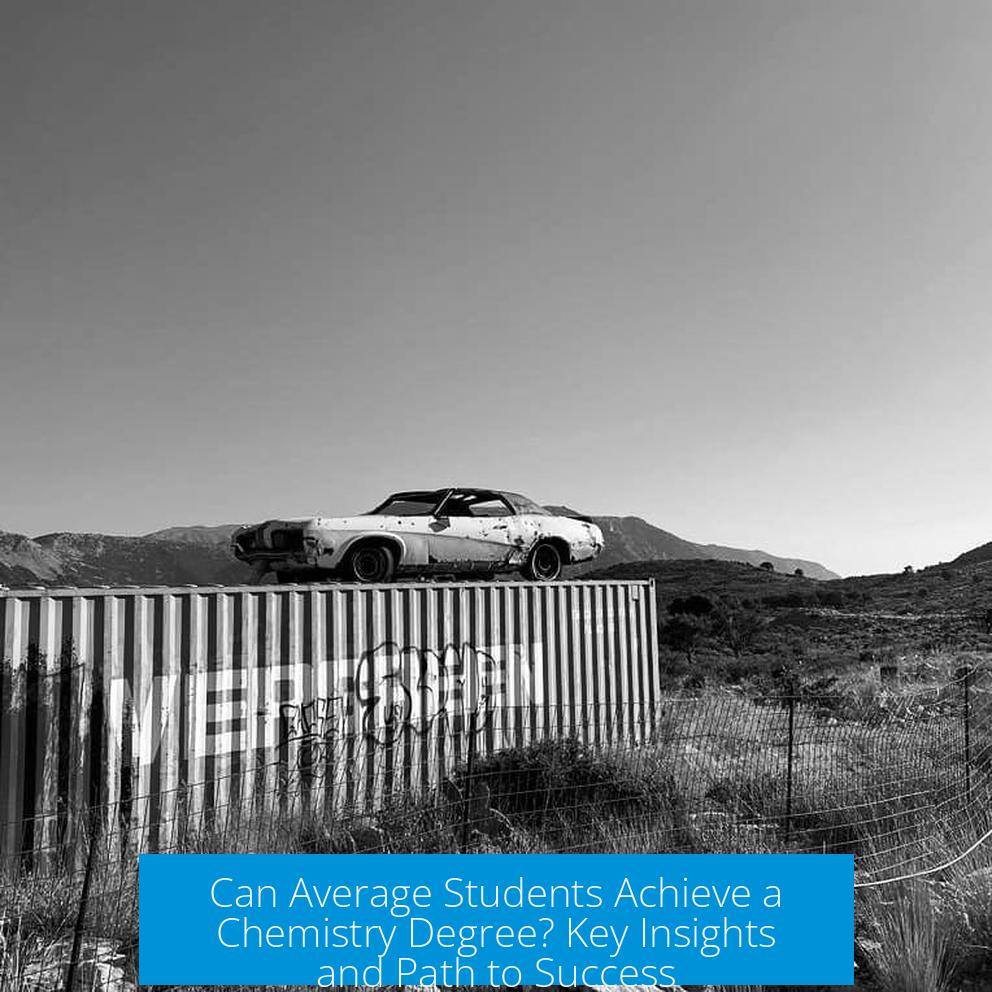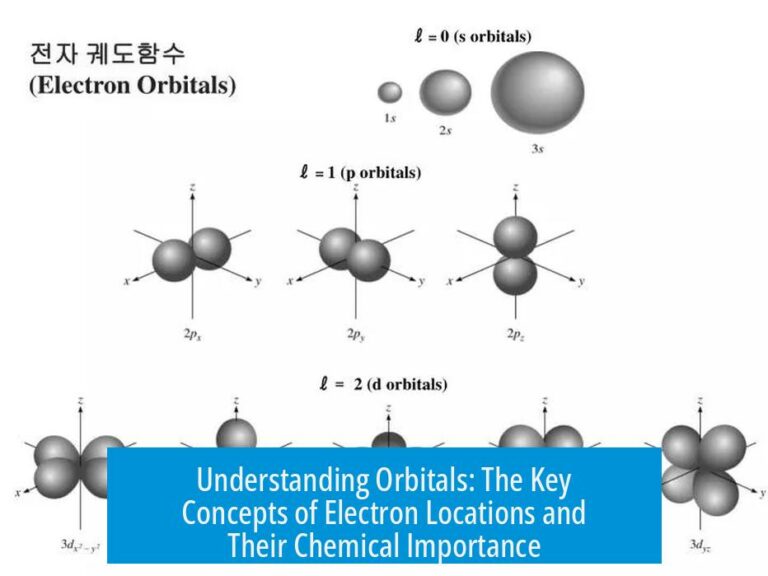Can the Average Person Get a Chemistry Degree?

Yes, the average person can get a chemistry degree. Success in chemistry depends more on persistence, motivation, and hard work than on innate intelligence or prior experience. While having some aptitude for math and science helps, most challenges can be overcome through dedicated effort and effective study strategies.
Persistence and Hard Work Trump Intelligence

Many students find persistence more crucial than raw intelligence in earning a chemistry degree. Consistently investing time and effort often outweighs natural aptitude. Graduates report that dedication is key, regardless of initial ability.
- Success is often described as 95% hard work.
- Persistence and the will to continue can compensate for gaps in knowledge.
- Enjoying learning rather than focusing solely on grades supports sustained effort.
Experts note that “being super intelligent” is a myth. Consistent study habits and resilience determine long-term achievement in chemistry.
Is Intelligence Necessary?
Intelligence is not strictly required but can ease the learning process. Chemistry involves several skills such as logical thinking and pattern recognition, but these can be developed over time.
Three main factors influence success:
- Natural aptitude
- Hard work
- Previous experience
If an individual lacks in natural aptitude, they often compensate with hard work and background preparation.
Interestingly, chemistry requires a unique kind of intelligence different from typical notions of being “smart.” Many average students graduate successfully.
The Role of Math and Science Skills
Math and science form the foundation of a chemistry degree. Basic skills in math, especially algebra and calculus, are important for understanding concepts in physical chemistry, thermodynamics, and analytical chemistry.
- Physical chemistry demands heavier math use, particularly calculus.
- Organic chemistry requires less math but involves memorization and conceptual understanding.
- Students with weaker math skills can succeed with additional support or by taking foundational courses.
Improving math ability early helps manage later coursework demands. Many students who initially struggle improve through targeted effort and resources.
The Advantage of Background and Prior Experience
Having a prior background in chemistry or related sciences can help students grasp new material faster. However, lack of previous exposure is not a barrier.
- Community colleges offer strong foundational courses for students with no high school chemistry.
- Many students start with limited knowledge but progress through consistent studying.
Building a foundation early and seeking help when needed supports progression through a degree program.
Unique Challenges of Chemistry Degrees
Chemistry degrees often involve demanding laboratory work, complex concepts, and substantial memorization. Students report several challenging components:
- Organic chemistry is considered a “weed-out” course.
- Physical chemistry involves advanced math and problem-solving.
- Lab work requires dexterity and sometimes dealing with strong odors or hazardous materials.
- Memorization is important in biochemistry and analytical chemistry.
Getting through these challenges requires building good study habits, resilience, and time management.
Motivation, Passion, and Focus Drive Success
Motivation is essential to sustain the effort needed for a chemistry degree. Students who maintain a clear goal and enjoy the subject report higher success rates.
- Enjoying the learning process reduces burnout.
- Having an end goal improves focus.
- Curiosity and critical thinking matter more than memorizing all details.
Passionate students tend to develop persistence, which helps them overcome obstacles.
Average Students Do Graduate
Numerous chemistry graduates describe themselves as average students. The majority of degrees go to individuals without exceptional intelligence but with consistent work ethics.
Even students who struggled initially, or needed accommodations, have succeeded. C grades in general chemistry are common, yet not prohibitive.
Career and Job Market Realities
A bachelor’s degree in chemistry can open doors but often requires further education for higher-paying positions. Job success depends on soft skills, lab experience, and sometimes advanced degrees.
- A Master’s or PhD increases career advancement opportunities.
- Some chemistry-related jobs require less formal education but focus on practical skills.
- Alternatives like trades may provide better pay with less educational stress.
A chemistry degree remains valuable in academia, industry, pharmaceuticals, and environmental science.
Support and Study Strategies for Success
Adopting effective study methods improves understanding and retention. Recommendations include:
- Engaging with professors and peers for help.
- Using online resources like Khan Academy.
- Focusing on conceptual understanding rather than rote memorization.
- Scheduling balanced study and rest periods.
- Exploring community college as a stepping stone.
Patience and curiosity encourage incremental learning and reduce anxiety.
Key Takeaways
- The average person can earn a chemistry degree with persistence and hard work.
- Intelligence helps but is not essential; motivation and study habits matter more.
- Strong math and science skills ease the journey but gaps can be addressed.
- Chemistry demands resilience to manage labs, memorization, and complex topics.
- Passion and clear goals enhance focus and endurance through challenges.
- Many average or below-average students successfully complete chemistry degrees.
- A bachelor’s helps start a career but advanced degrees improve job prospects.
- Effective support and study strategies increase chances of success.





Leave a Comment